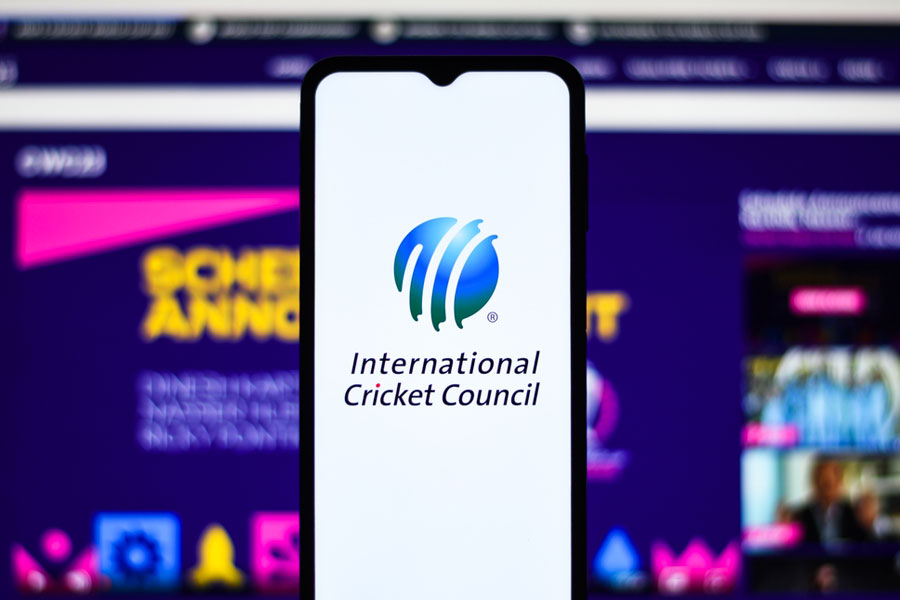The ICC’s decision to introduce stop clock in Test cricket to deal with slow over-rates has come into effect from the Sri Lanka-Bangladesh series.
Operating with just one ball in ODIs from the 35th over will be effective from July 2.
According to the ICC Test Match Playing Conditions, “the fielding side shall be ready to start each over within 60 seconds of the previous over being completed. An electronic clock will be displayed at the ground that counts up seconds from zero to 60”.
The fielding side will thus be given two warnings and in case of a third infraction, the batting side will be awarded five penalty runs.
It was also learnt that the ICC no longer mandates umpires to change the ball once they discover saliva on it.
In case of a “deliberate short run”, the ICC explained, “a deliberate short run is an attempt for batters to appear to run more than one run, while at least one batter deliberately does not make good their ground at one end”.
In such scenarios, the umpire at the bowler’s end will disallow all runs to the batting side, return any not out batter to his original end, signal a no-ball or a wide-ball if applicable, make a short-run signal, award five penalty runs to the fielding side and “request their captain to identify which of the two batters will be on strike for the next delivery”.










